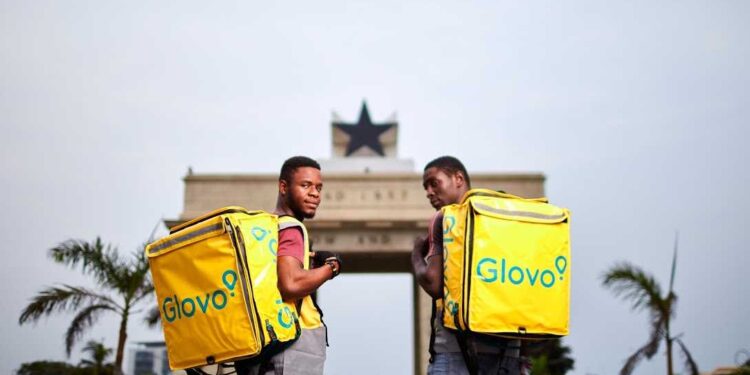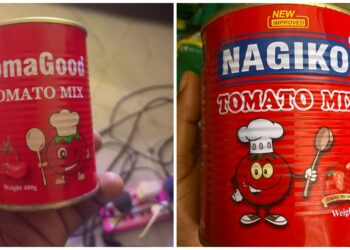Glovo, a food delivery service, is scheduled to end its operations in Ghana on May 10, 2024, following a €3.5 million ($3.7 million) investment to grow its presence in the country.
The platform has informed its restaurant partners of this decision through email. The company cited profitability challenges in the Ghanaian market as the reason for discontinuing operations.
READ ALSO: X Risks Fines As Elon Musk Insists On Violating Court Order
With this development, Glovo will concentrate on other African markets such as Morocco, Uganda, Kenya, Côte d’Ivoire, and Nigeria.
“While we recognize the potential of the Ghana market, building a stronger position in the market and achieving profitability would require substantial investment over an extended period.
“This is why we have decided to redirect our resources towards the other 23 countries where Glovo operates, enabling us to better serve the millions of customers who use the Glovo app every day,” the delivery platform says via email.
Glovo has announced that starting from 10 p.m. on May 10, 2024, customers will no longer be able to place orders through the app. However, restaurant partners can expect to receive any outstanding payments by the agreed terms and conditions.
Backstory
In 2021, Co-founder Sacha Michaud stated, “The Ghanaian market is a promising market for Glovo, and we will continue to invest to reach all regions of the country and provide convenience to people.”
He proceeded to mention that the expanding population of Ghana and the rising Internet usage were beneficial for businesses.
Besides, he said that Glovo Ghana collaborated with approximately 400 partners in Accra, including pharmacies, groceries, electronics, and restaurants, and that the order growth for Glovo Ghana services ranged from 30-45% month to month.
What You Should Know
Glovo’s decision to leave Ghana is coming several months after Jumia Technologies, Africa’s top e-commerce platform, ceased its food delivery operations in December 2023.
The company revealed that it shut down due to ‘unprofitable Jumia Food’, its food delivery service.
According to Jumai Technologies, the move is part of a broader initiative to refocus on its core e-commerce and JumiaPay operations across its markets.
However, the decision comes after a comprehensive strategic review revealed that Jumia Food was not aligning with the current operating environment and macroeconomic conditions.
Jumia Food accounts for approximately 11% of Jumia’s Gross Merchandise Value (GMV) for the nine months ending September 30, 2023, the food delivery segment has struggled to achieve profitability since its inception.
Jumia said the decision aligns with the company’s strategy of maximizing its resources and capital allocation while pursuing profitability. The food delivery business, which has been unprofitable since inception, accounts for approximately 11% of Jumia’s Gross Merchandise Value (GMV) for the nine months ended September 30, 2023.
- According to the company, JumiaPay Transactions reached 3.2 million in the third quarter of 2023, up 8% year-over-year.
- About 44.7% of Orders placed on the Jumia platform in the third quarter of 2023 were completed using JumiaPay, compared to 31.9% in the third quarter of 2022.
- This increase was mostly attributable to an increase in the percentage of orders on our physical goods and food delivery platforms completed using JumiaPay.
“The more we focus on our physical goods business, the more we realize that there is huge potential for Jumia to grow, with a path to profitability. We must take the right decision and fully focus our management, our teams, and our capital resources to go after this opportunity. In the current context, it means leaving a business line, which we believe does not offer the same upside potential – food delivery,” said Francis Dufay, Chief Executive Officer of Jumia.
“Food delivery remains a business with very challenging economics, in Africa and across the world, and we want to focus our efforts on our physical goods e-commerce business, in the eleven markets where we operate. This is a matter of prioritization of opportunities, and expected return on investment,” said Antoine Maillet-Mezeray, EVP Finance & Operations of Jumia.










